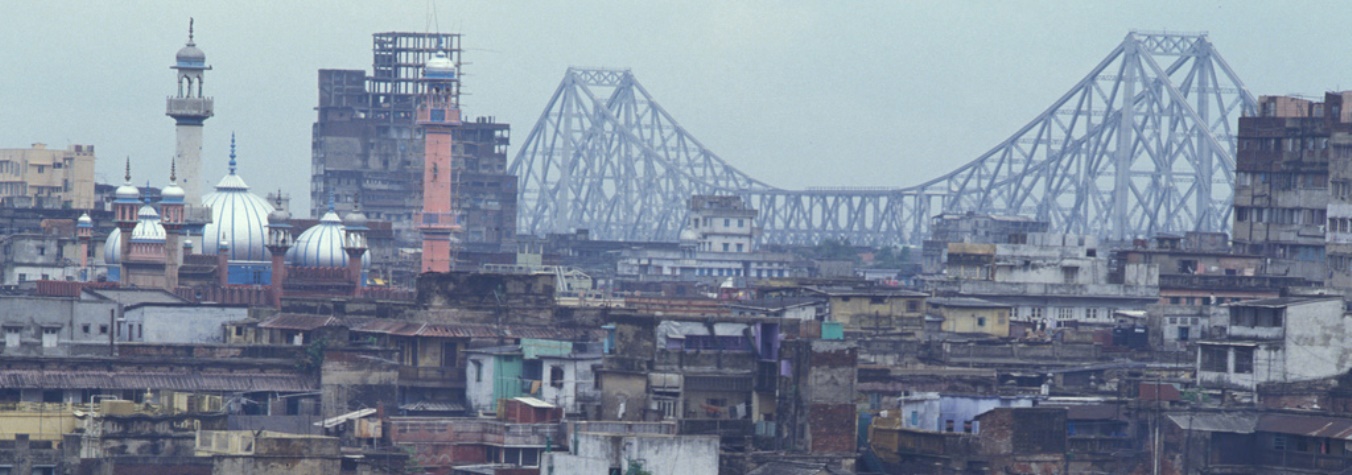
Roughly one person every second is displaced by a climate- or weather-related disaster and in the last six years, 140.5 million people - two percent of the Earth’s population - has been displaced by such disasters alone. With millions of people forced to move each year by rapid-onset climate-related hazards and slow-onset environmental degradation, social well-being, human rights, economies and even state stability are at risk.
To coincide with UN Human Rights Day, the Environmental Justice Foundation (EJF) is highlighting the need for climate change to be viewed through a human rights lens. Climate change is magnifying the existing vulnerabilities of affected communities and eroding their capacity to cope with change. The global community is failing to provide the protection, assistance and access to durable solutions that those on the frontlines of climate change require and deserve.
In a new report released today, ‘Falling through the Cracks’, the EJF examines the various legal and policy frameworks governing climate-induced displacement at the international level. EJF has found that the ‘protection gap’ is more like a series of holes - suggesting the need for a new global framework, which is broad in scope and sensitive to the needs of multiple populations of concern.



